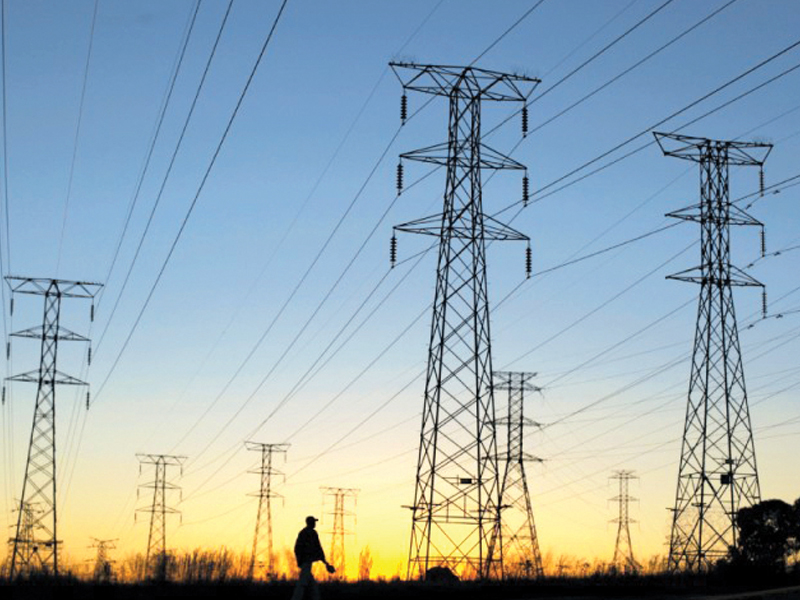
But while we congratulate the prime minister and his team on a reasonably well-done execution of the first stage of the energy plan, we do believe that there are still causes for concern. For starters, not all parts of the country are seeing an improvement. Karachi appears to be the glaring exception, as the contractual dispute between the federal government and the Karachi Electric Supply Company takes its toll on the residents of the nation’s largest city and its financial and industrial capital. We urge the government to resolve this issue as quickly as possible so that Karachi can join the rest of the nation on the path out of the energy crisis.
We would also urge the prime minister to accelerate execution of some of the later parts of the energy plan, most notably, the decision to move energy pricing out of the hands of the government. We believe that the government should have strong regulatory bodies and that both the National Electric Power Regulatory Authority and the Oil and Gas Regulatory Authority should continue to play a role, including in monitoring energy pricing. But their role should be one of monitoring, not price-setting. Only when issues of pricing are resolved can the energy shortage be alleviated permanently.
The Nawaz Administration has signalled a strong understanding of this problem by indicating that electricity tariffs must go up substantially for all but the poorest of consumers. But while price hikes may be necessary in the short run, the only long-term fix to the problem is to remove the government’s interference in what should rightfully be a market mechanism. The energy plan has had a good start so far, but there are much greater challenges ahead.
Published in The Express Tribune, August 18th, 2013.
Like Opinion & Editorial on Facebook, follow @ETOpEd on Twitter to receive all updates on all our daily pieces.
COMMENTS (2)
Comments are moderated and generally will be posted if they are on-topic and not abusive.
For more information, please see our Comments FAQ

1726117332-0/Megan-Thee-Stallion-(1)1726117332-0-165x106.webp)
















Nawaz Sharif's energy plan: raise electricity prices. Genius!